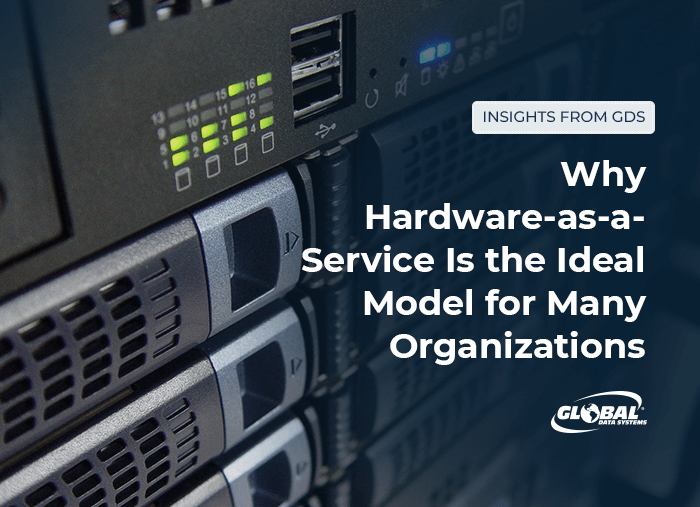Traditionally, the IT industry has focused heavily on hardware. Organizations purchased, implemented, configured and maintained an array of hardware assets, periodically upgrading them to take advantage of the latest technology. Despite the advent of the cloud and the growing emphasis on applications, many organizations still have a large fleet of IT hardware assets.
Business IT
Small to midsize enterprises (SMEs) recognize the vital importance of a high-quality customer experience (CX). That’s why SMEs are making strategic investments in contact center solutions that enhance customer interactions and improve customer experience overall.
Microsoft 365 licensing just got more complicated.
Customers don’t want to wait on hold to speak with an agent, only to be transferred to a different agent. They don’t want to repeat their issue multiple times to different agents. They expect the agent who first picks up the call to resolve their problem quickly and accurately.
For most small organizations, the decision to outsource IT functions to a managed services provider (MSP) is typically easy. It doesn’t make economic sense to hire an IT professional to manage and maintain the organization’s systems and network. Outsourcing provides access to IT expertise and responsive support, ensuring that staff stay productive and focused on the organization’s core business.
- Data Spillage: What it is, Where it Comes From, and How to Protect Your Organization
- 4 Reasons Why Global Data Systems Is the Right Business IT Solutions Provider for Your Business
- Hometown Hero: The Benefits of Working with a Local or Regional MSP
- Navigating Regulatory Compliance Challenges in the Age of Remote Work
Get In Touch
310 Laser Lane
Lafayette, Louisiana 70507
Office Hours: Monday - Friday
8 a.m. - 5p.m.
Contact Us >
24 / 7 / 365 Support
Our dedicated support
staff are available by
phone 24 hours a day.
Phone: 888-435-7986






